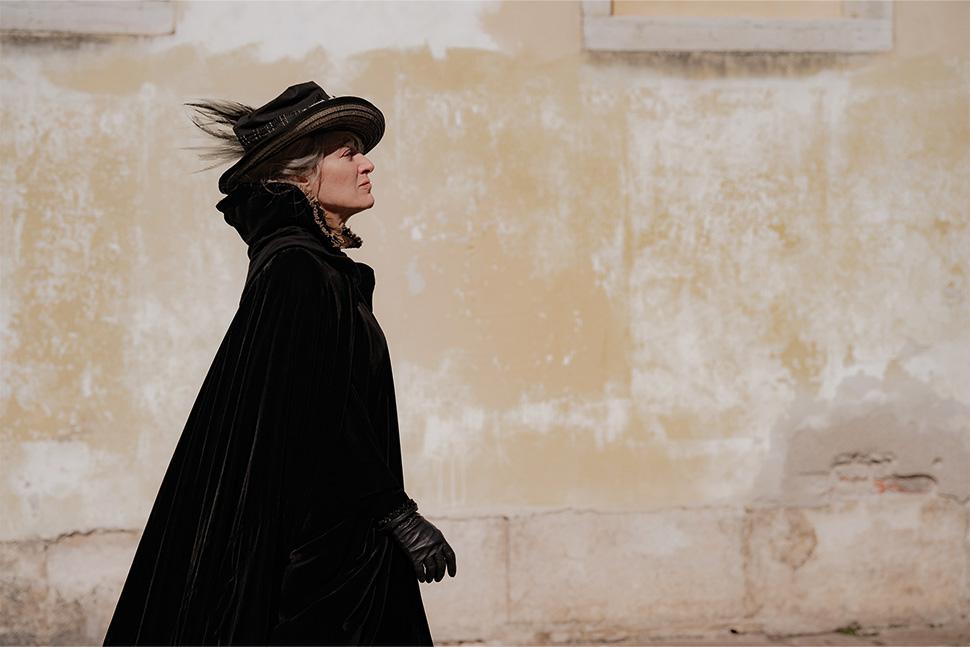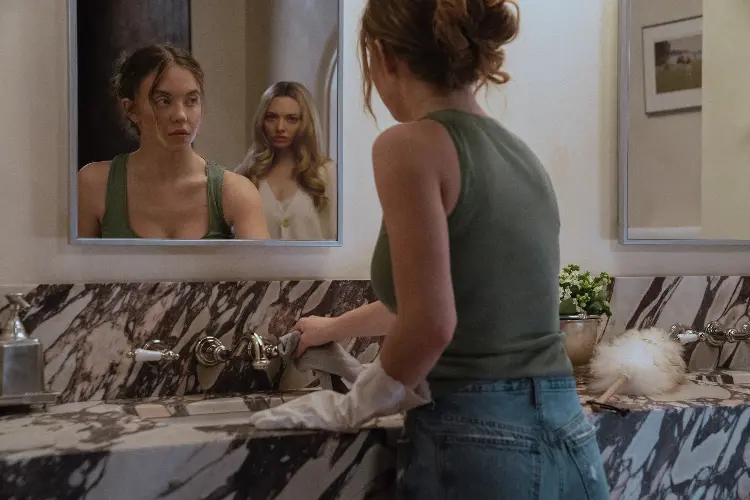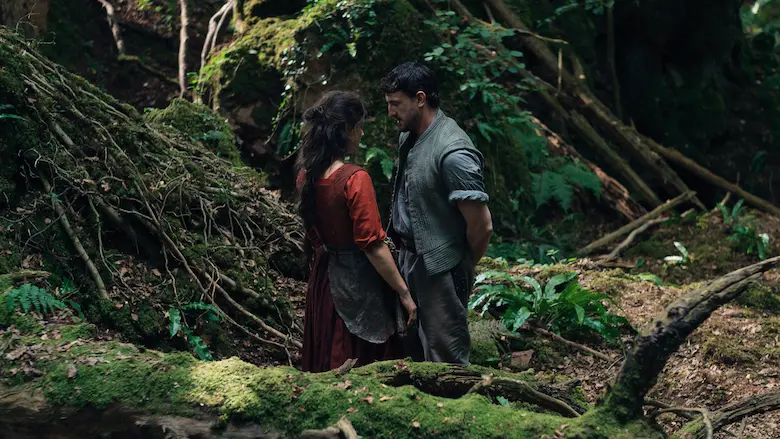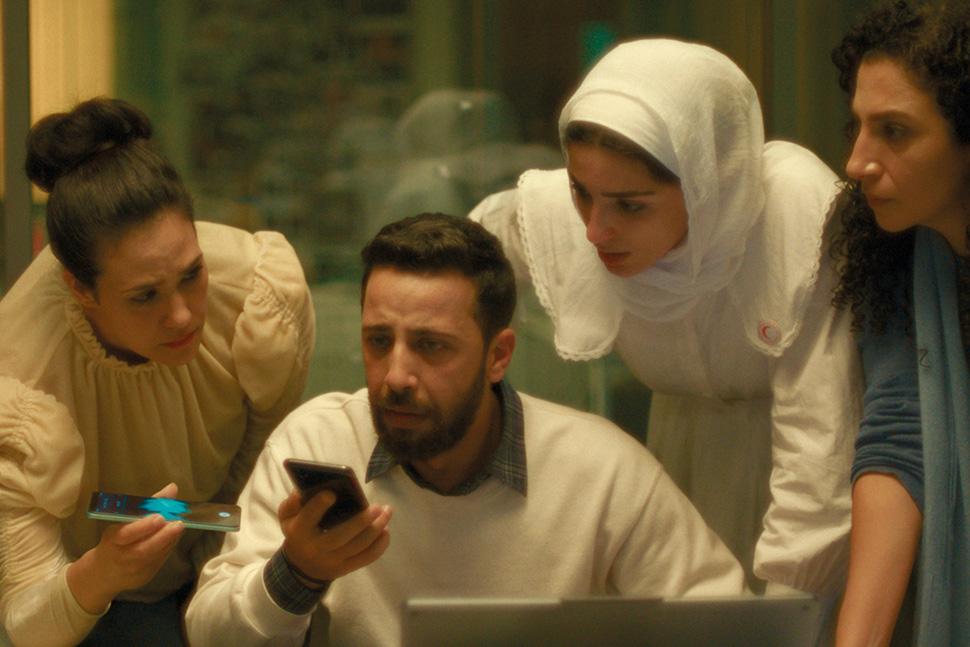Venice Film Festival 2025: Review movie Duse

The life of
actress Eleonora Duse (Valeria Bruni Tedeschi) is portrayed by director Pietro
Marcello during the final stages of her career, between the end of World War I
and the rise of fascism. A strong-willed woman, after a hiatus of several
years, she refuses to remain distant from the theater and stages Henrik Ibsen's
The Lady from the Sea with a company. Despite the triumph, it is Sarah Bernhardt
who makes her understand that she must now tell something more
"necessary," prompting Eleonora to focus on a piece by a young author
– and soldier – Giacomino (Fausto Russo Alesi). However, the premiere is a
disaster, and Eleonora abandons the young man to his disappointments.
What could have been the compelling tale of the final chapter in the Italian theater diva's life takes on overly didactic tones that fail to bring the story to life. Valeria Bruni Tedeschi infuses the character with ferocity and rare charisma, but she can do little against a frayed screenplay that focuses on inconsequential moments – such as the presence of Benito Mussolini, who decides to grant her an annuity – without leading to meaningful developments. Even Duse's return to theater with The Dead City by her lover Gabriele D'Annunzio lacks resolution: if these works were anachronistic – so much that they weren't successful even in their time, or in subsequent years – it was because audiences didn't appreciate them, relegated as they were to the poor taste of regime-approved art. In this sense, the film should have highlighted far more significant moments: the fact that she was the first woman – and Italian – to appear on the cover of the newly established Time magazine, her performance in Pittsburgh in M. Praga's The Closed Door, which led Charlie Chaplin to define her as "a suffering child (...) the perfect artist." All of this is missing from Marcello's film, which instead shows the more destitute side of the woman, such as her financial difficulties and conflicts with her daughter.
One
glimpses Duse's sense of freedom, her continuous yearning for the stage, but
it's not enough to represent the actress whose face was the only photograph in
Marilyn Monroe's bedroom, or for whom Meryl Streep – as she herself stated –
chose this profession.
© All rights reserved
You Might Be Interested

Review of The Housemaid: Sydney Sweeney stars in new thriller
The Housemaid boasts shocking twists under a poker face, but shows its’ cards too early

Avatar: Fire and Ash review: James Cameron is back for box-office blood
The Oscar-winning filmmaker’s latest wrestles between mesmerizing optics and deep storytelling, tiring itself out.

Zootopia 2 review: Disney Animation’s sequel pushes visual boundaries
Proving the first film was no one-trick pony, Disney grabs the bull by the horns for a second amusing animal adventure
-Bufo-(credit)-Max-Smeds.jpg)
Review of Shadowland, the documentary about Richard Stanley
Directed by Otso Tiainen, in competition at the Torino Film Festival

Hamnet review: Metamorphosis in the life of Shakespeare, with Paul Mescal, Jessie Buckley
To be or not to be; director Chloé Zhao answers yes with the story that conceived Shakespeare's seminal Hamlet

Movie review Running Man
The film is a remake of the 1980s cult classic starring Schwarzenegger.

Now You See Me: Now You Don’t; The series’ latest struggles to spellbind
The next stage of the magical mavericks leans on humdrum hocus-pocus to pull Rabbit out a hat at the box-office

Predator: Badlands reshapes the genre classic in the new movie
A new angle on the unearthly huntsman hopes audiences “Get to the choppa!” and take it straight to the theatre


